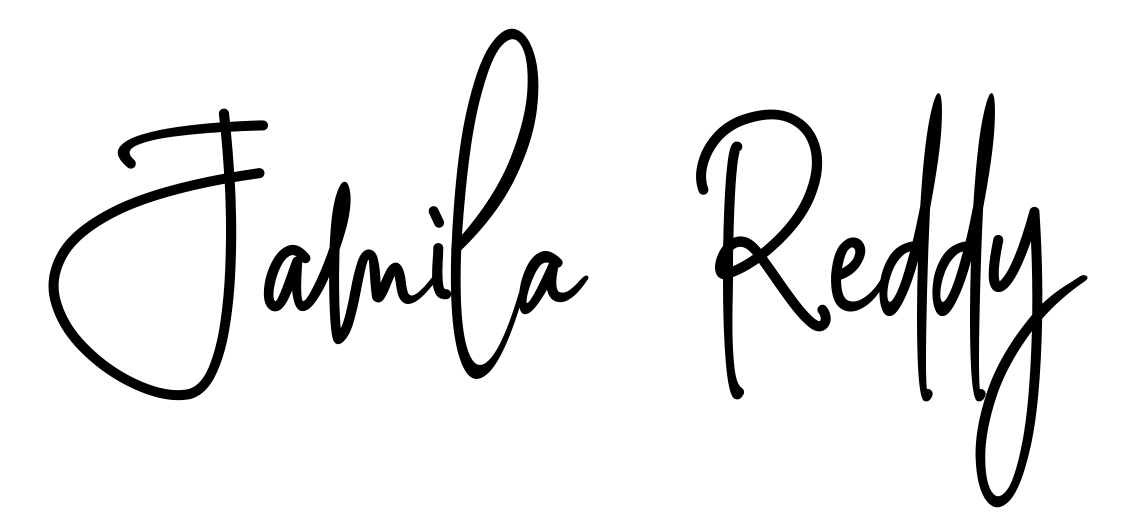Overcoming the Agonizing Discomfort of Putting Your Work in the World
When I was in high school, I was part of a theater group for teenage kids. It was a big deal. You had to audition and only the cream of the crop got in. It made me feel validated. Elite.
Despite the momentary glory that I felt upon being accepted, I struggled to feel confident in the group. I was one of two black people (in a group of 14), which made me feel hyper-visible, self-conscious, and unsure of whether or not I really belonged.
One day, during rehearsal, the director gave me a note to “be less subtle” in the delivery of my lines.
As she spoke, I felt like there was a literal spotlight on me, and the room had fallen silent.
“Be bigger,” she said. “That kind of acting would be good for TV, where they can make the moment more dramatic if you play it small. This is the theater.”
I felt my heart sink into my stomach.
She said what she said, but what I heard was: “You aren’t meant for the stage.”
And this became a belief that informed my self-image for the next decade of my life.
This moment — unremarkable on the outside but profoundly impactful internally — confirmed my greatest fears about myself.
I believed that I was not intended to play a leading role. I believed that, in the ensemble company (of all the humans in the world), I was here to play a supporting character. I believed I was not capable or worthy of being front-and-center.
So I moved myself energetically, and often physically, to the margins.
I was very uncomfortable with the idea of centering myself — my voice, my ideas, my opinions, my body, my wants, my needs. I got used to being in the background. In the wings and in the shadows.
And this became the way I lived my life. Deferring to other people, feeling comfortable watching the “real stars” from the sidelines, totally unconvinced that I was worthy of an audience.
I am 31 years old now, and that nervous kid in the black-box is still living inside of me. When I put my work into the world — when I do something vulnerable in service of my desires and of my calling to be of service to other people — she wonders if this life is meant for me.
She feels out-of-place, and put on the spot. She feels thrown into the wilderness and visible to the wolves.
And when that happens, I have to drop into my body, which is to say, leave the black box circa 2004 and bring myself back to the present moment, where I am safe. Where I have seen the power of my word in the world. Where I have actual proof that when I am speaking front and center, healing happens. Learning happens. Growth happens.
When I am transported back into that high school emotional body, I have to say to my heart, THERE ARE NO WOLVES HERE. I am not surrounded by anything other than love. I have to calm my breath so that my brain and body can stop hyping each other up, convincing each other that danger and death are around the corner!
I share even though I feel doubt that it’s my place to do so.
And every time I do that, I am undoing all those years of rehearsing a role that was never meant for me to play. I get it out of my body by doing it afraid — by allowing myself to be seen, and then allowing myself to witness the benefits of havind done so.
In The Artists Way, Julia Cameron asks us to time travel and think back to where our negative thinking about ourselves and our creativity came from. To create a “Monster Hall of Fame,” where we acknowledge each place where our inner artist child was wounded.
Who told you that you were not meant to play a leading role?
When did you learn that it was more appropriate for you to be in the background?
How did you come to believe that silencing was better than centering yourself — that your presence was meant to be peripheral?
In identifying the origin of my distorted and negative self-perception, I am able to see that it was a seed planted in my garden — that the belief is not native to my land. Someone dropped that baggage on my doorstep, but it doesn’t belong to me.
I can clearly see what I THOUGHT was a PERSONALITY TRAIT was really just a STORY ABOUT MYSELF I BELIEVED FOR TOO LONG.
And, in that clarity, I can start to write a new one — one in which I am center-stage, divinely assigned and victorious.
So what’s your story?
When did you start believing that you should keep you to yourself?
Investigate that, and commit to returning to the place the seed was planted, and digging it up. In its place, write a new narrative. Plant a new seed, a new belief.
My voice is important.
My presence matters.
I am here to play a leading role in my life, and in the healing of humanity.
Every time you share something and you feel that exposed, heart-dropped-into-your stomach feeling, breathe.
Infuse your work with divine intention: May I be a blessing. May everything I share be of highest benefit to all beings. May my voice and my gifts create the conditions for wellbeing and joy.
And, over time, that seed of self-doubt will compost itself and disintegrate entirely. When you act courageously and compassionately in service of your fullest expression and greatest good of all — your perception becomes less and less distorted.
You can show up as the messenger, the teacher, and the leader you are. And not just to be in the spotlight, but to be the light itself.
